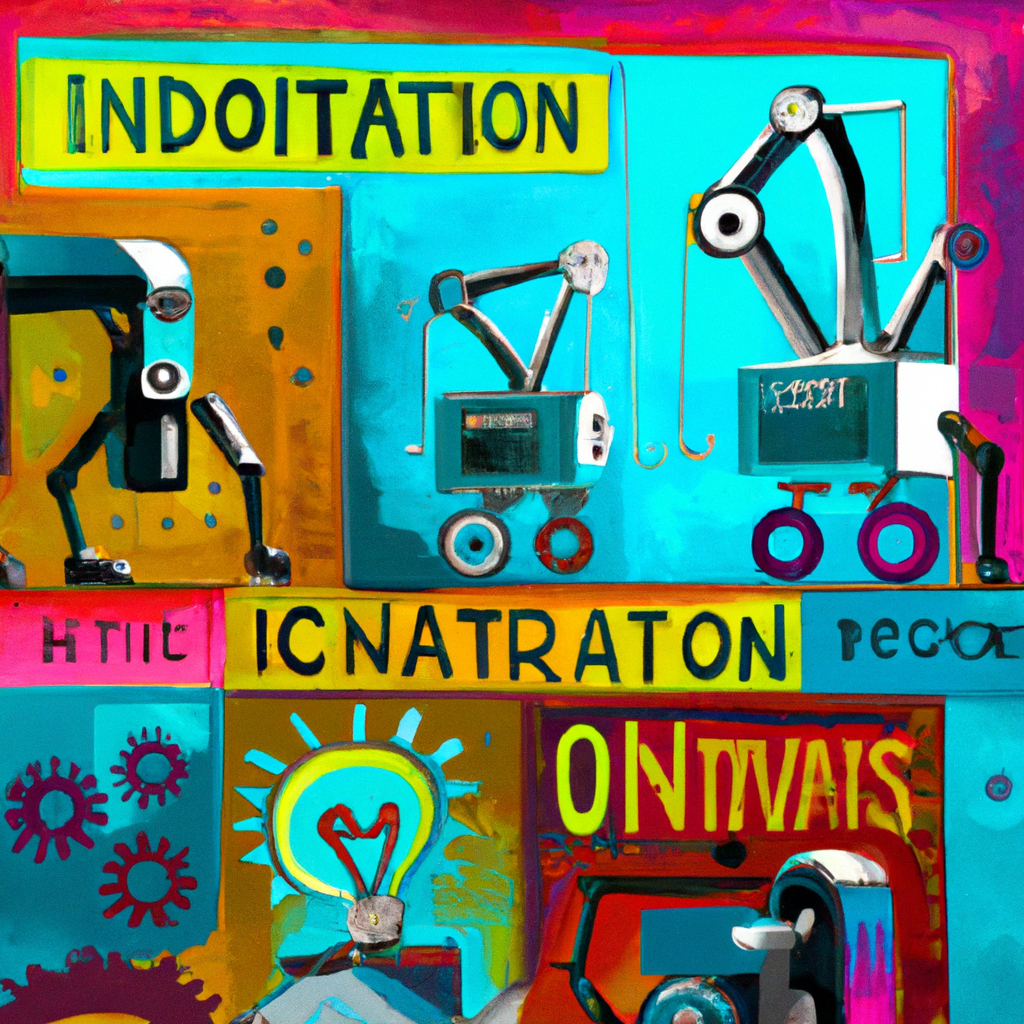
“Hard Tech” is gaining momentum and transforming the world as we know it. Let’s explore what Hard Tech is and how robots might play a pivotal role.
Defining Hard Tech
Hard Tech refers to technological advancements that are rooted in substantial scientific discoveries or engineering innovations. Unlike software or internet technologies, which are often characterized by rapid development cycles and scalability, Hard Tech involves longer development periods, significant capital investment, and a deep understanding of fundamental science and materials. It’s the kind of technology that can lead to breakthroughs in energy, biotech, space exploration, and, of course, robotics.
Robotics and Hard Tech
Robots are at the forefront of the Hard Tech revolution. They embody the essence of Hard Tech, combining advanced materials, sophisticated engineering, and cutting-edge computer science to create machines capable of performing tasks that were once thought impossible. Inherently, robotics requires a multidisciplinary approach, drawing on mechanical engineering, electronics, artificial intelligence, and more to solve complex problems.
From the factory floor to the farthest reaches of space, robots handle dangerous, delicate, or repetitive tasks, often with precision and efficiency beyond human capabilities. They’re involved in manufacturing, healthcare, agriculture, and environmental monitoring, among other industries, showcasing the versatility and transformative potential of Hard Tech.
Challenges and Opportunities in Hard Tech
Developing in Hard Tech often requires navigating uncharted scientific territory, securing substantial funding, and overcoming technical hurdles. However, these challenges are matched by the potential for significant impact. Hard Tech innovations can address some of the most pressing issues facing humanity, such as climate change, resource scarcity, and healthcare accessibility. Working in Hard Tech means contributing to advancements that could shape the future of society and the planet.
However, complexities in Hard Tech (particularly in robotics), underscore the importance of education and collaboration. Aspiring robotics engineers must have a strong foundation in STEM disciplines and the ability to work across different fields. Collaboration between academia, industry, and government is also crucial to drive innovation, share knowledge, and bring Hard Tech solutions to market.
The Future of Hard Tech and Robotics
Looking ahead, the future of Hard Tech and robotics is incredibly promising. We’ll likely see more robots in our daily lives. They’ll assist us in ways we can currently only imagine, from performing surgery with superhuman precision to exploring the depths of the oceans and beyond.
Hard Tech represents the pinnacle of technological innovation–the stakes are high, but the rewards are potentially game-changing. Robots are not just tools but partners in our quest to build a better future. It’s an exciting time for Hard Tech as we turn science fiction into science fact!


